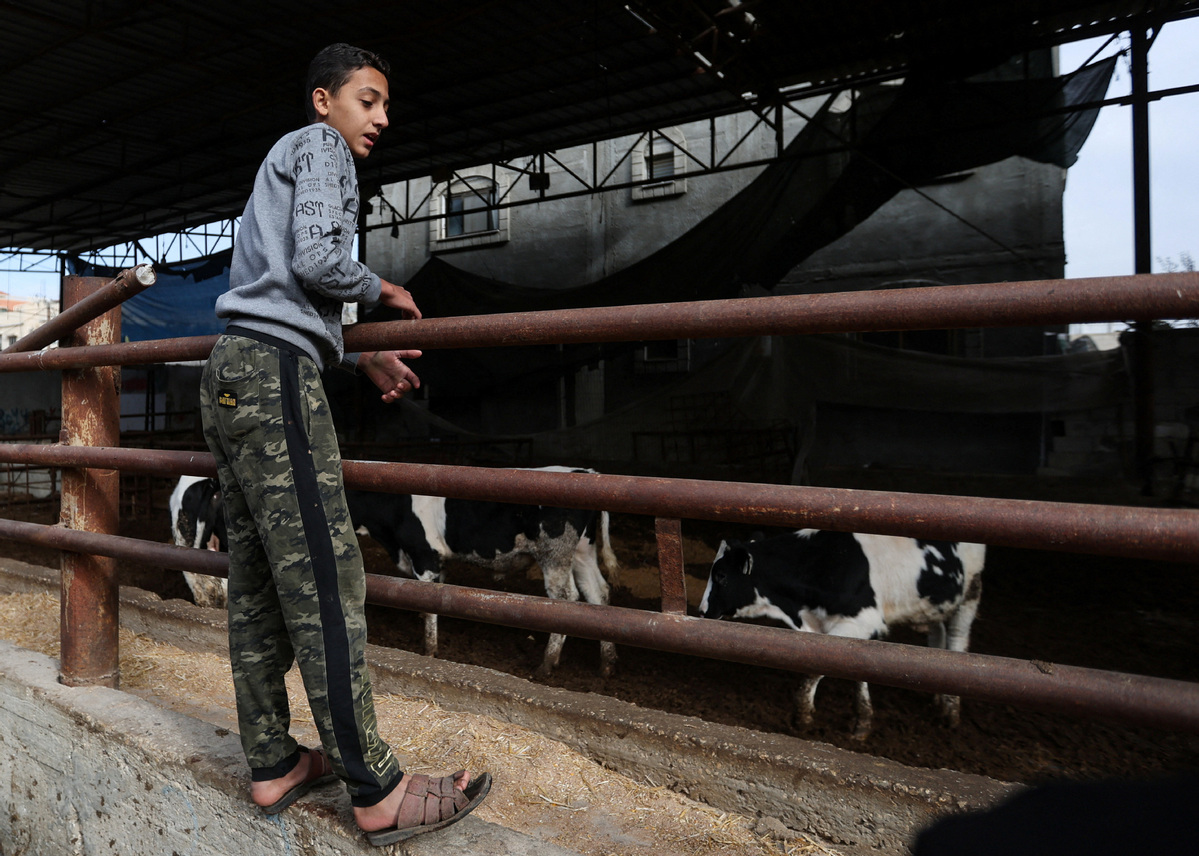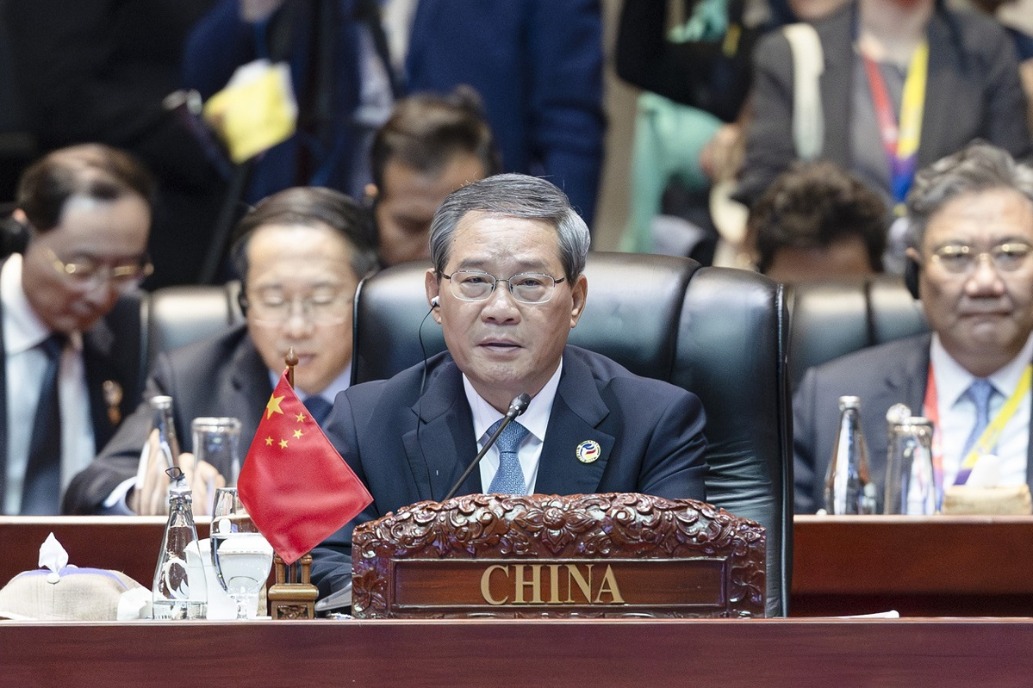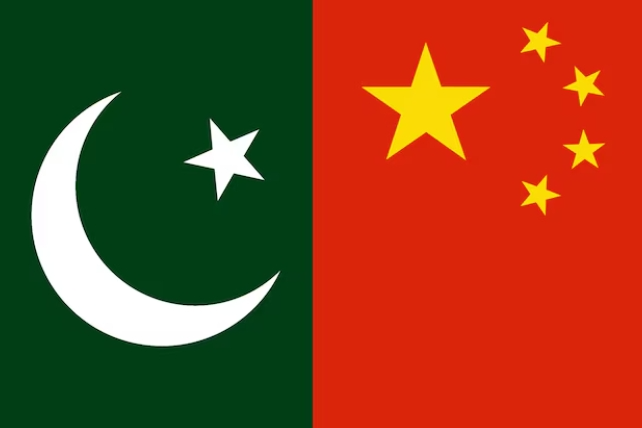Conflict takes toll on agriculture sector


Prior to Oct 7, Ahmed Sourani, founder and general coordinator of The Gaza Urban and Peri-Urban Agriculture Platform, had big plans for the 250 women agricultural entrepreneurs or "agripreneurs" that his nonprofit group was working with in the area.
Sourani had taken part in the Zayed Sustainability Prize — an annual award established by the United Arab Emirates to recognize excellence in renewable energy and sustainability solutions — and won on Dec 1, in the food category, in recognition of his group's contributions to the agricultural sector benefiting more than 7,000 people.
Sourani would have wanted to build on his organization's success, since its establishment in 2013, such as focusing on the capacity-building of the women agripreneurs and broadening the channels of exchanges in Palestine, as well as Jordan and Egypt.
But after the latest round of conflict broke out in Gaza, Sourani's plans may need to be put on hold indefinitely.
"Now the priorities (have) changed and we will be moving according to our emergency response on land," Sourani said on the sidelines of the recent COP28 climate meeting in Dubai.
His group will have a Herculean task ahead.
According to an update on Dec 15 published by the United Nations Satellite Centre, or UNOSAT, the latest satellite imagery analysis "uncovered distressing trends in the agricultural landscape of the Gaza Strip", illuminating the significant impact of the ongoing conflict on the health and density of crops.
Compared to the average of the previous six years, a staggering 18 percent of arable land in the Gaza Strip "has experienced a substantial decline in health and density". This stark revelation emerges, it said, from a comprehensive analysis employing the Normalized Difference Vegetation Index and multi-temporal classification techniques.
"UNOSAT's methodology focused on evaluating changes in agricultural areas, considering the period from 2017 to 2023. The assessment pinpointed December 2023 as a critical time frame, revealing a noticeable deterioration in crop health and density compared to the preceding six seasons," the report said.
"The decline observed in crop health is attributed to various conflict-related dynamics, including notably razing, heavy vehicle activity, bombing and shelling. The analysis extends beyond active crop fields, encompassing fallow lands and household gardens, offering a comprehensive view of the agricultural impact," it said.
Sourani said his group had to work side by side with Palestinian farmers, urban family farmers, notably women, "to make the best use of the available resources".
Given the redirection out of necessity, Sourani said he would use some of the prize money to first help the women agripreneurs.
The help would also restore their ability for production, he said. The other priority is to continue the program for community-led marketing and provide food that is produced by women in Gaza.
"Our biggest wish, our biggest hope, our biggest prayer now, is for a quick, immediate cease-fire."


































